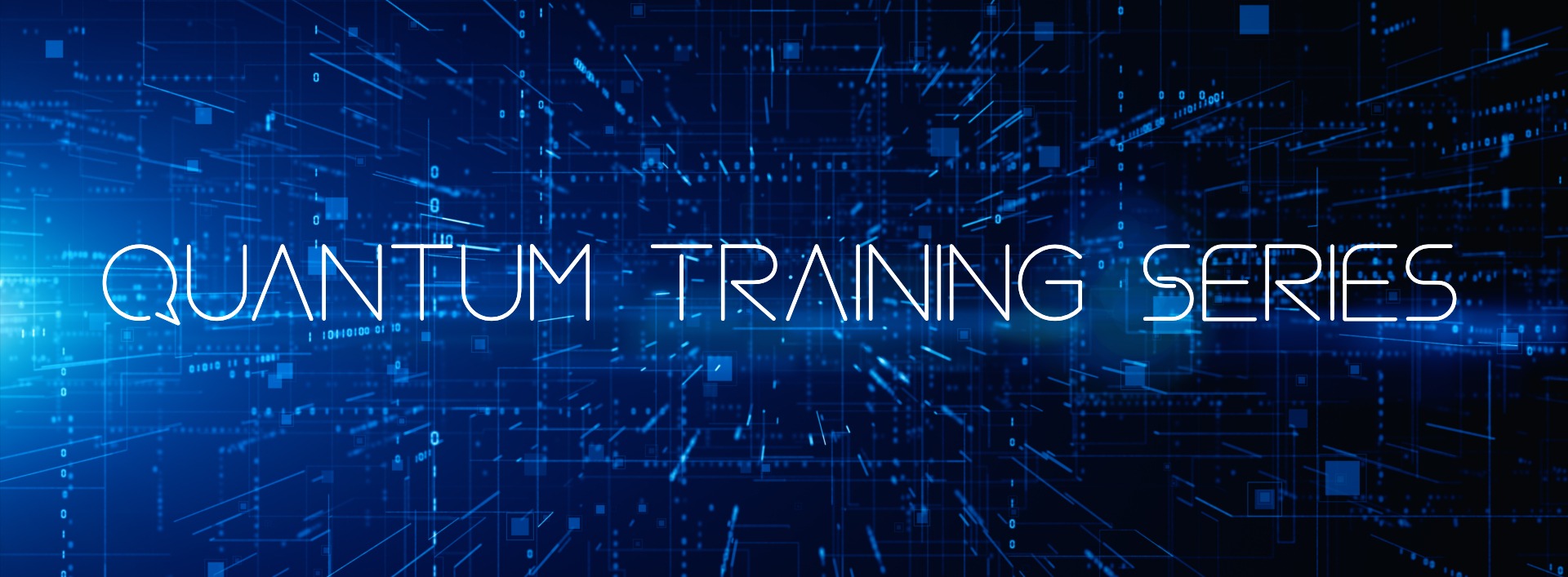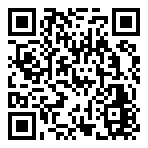
Fall 2026 QCUP Hackathon
Event Overview
Virtual Event
The Fall 2026 QCUP Hackathon will be held virtually. Teams will participate remotely via Zoom and collaborate using Slack. Please ensure your team members are available online during the scheduled dates.
The Quantum Computing User Program (QCUP) Hackathon is a multi day collaborative event designed to advance fundamental scientific research through quantum computing. This hackathon is a virtual event, hosted via Zoom and Slack, bringing together teams and mentors from OLCF, Quantinuum, IBM, IQM, IonQ and other partners.
Submission capability coming soon.
Admission
Admission to this hackathon is competitive and requires a brief application. The form will ask you to:
- Describe your QC application code or codes.
- Set specific and achievable goals for your team during the hackathon.
Goal Submission
When submitting your goals, please include:
- Clear examples from your application or workflow.
- Links to publicly accessible codes or datasets that support your goals, if available.
Selection Criteria
Teams will be selected based on:
- How clear, specific, and reasonable their goals are for a four day hackathon.
- How effectively they describe their code and its relevance to QCUP and its mission to support fundamental scientific research.
Allocation Requirements
Priority will be given to existing QCUP users. Future users may apply, but must have an allocation in place by the Call for Proposals close date: TBD, 2026. We encourage future users to apply for allocations early to ensure eligibility.
QCUP Applications
Future users will only be considered once they have been granted a QCUP allocation. Please review the Quantum Computing User Program Access page before applying.
Important Note
Avoid proposing goals that require full hardware reservation of QCUP resources for long durations, since hackathon resources will be shared across all teams. This also ensures ongoing non-hackathon QCUP science campaigns are not impacted.
Team Member Requirements
Each team must include at least three active members during the hackathon. Applications that do not meet this requirement will not be considered.
Submission capability coming soon.
Proposal Submission
Submission coming soon.
Admission
Admission to this hackathon is competitive and requires a brief application. The application form will ask you to:
- Describe your QC application code or codes.
- Set specific and achievable goals for your team during the hackathon.
Goal Submission
When submitting your goals, please include:
- Clear examples from your application or workflow.
- Links to publicly accessible codes or datasets that support your goals, if available.
Selection Criteria
Our aim is to select teams that can best utilize the hackathon and QCUP to support fundamental scientific research. Teams will be selected based on:
- How clear, specific, and reasonable their goals are for a four day hackathon.
- How effectively they describe their code and its relevance to QCUP and its mission to support fundamental scientific research.
Important Note
Avoid proposing goals that require full hardware reservation of QCUP resources for long durations, since hackathon resources will be shared across all teams. This also ensures ongoing non-hackathon QCUP science campaigns are not impacted.
QCUP Applications
Future users will only be considered once they have been granted a QCUP allocation. Please review the Quantum Computer User Program Access page before applying.
Priority will be given to existing QCUP users.
Example Goals
Below are examples to inspire your proposal. Propose other goals that align with your scientific research priorities in QCUP. We will accept proposals that support fundamental scientific research or tools that advance scientific discovery. We will not accept proposals seeking to develop commercial software.
- Optimize an existing QCUP application for QCUP hardware resources.
- Enable an application to scale effectively across multiple qubits.
- Implement helpful tools or libraries to enhance functionality or usability.
- Tackle performance or scalability issues within your code or workflow.
- Explore methods to accelerate computationally intensive processes (e.g., quantum algorithms).
Submission capability coming soon.
Hackathon Timeline
The Hackathon Timeline provides key dates, training opportunities, and deadlines to help teams prepare and succeed. Use this section to track important milestones such as the TBD, 2026 proposal deadline, Quantum Training Series, and the scheduled hackathon sessions.
| Event | Date | Description |
|---|---|---|
| Call for Proposals Open | TBD | Submit proposals under the Proposal Submission form. |
| CFP Closes | TBD, 11:59 p.m. EDT | Make sure your proposal is submitted on time. |
| Notification of Selected Teams | TBD | Acceptance notifications sent to teams. |
| What to Expect and Team Intros | TBD, 1:00–3:00 p.m. EDT | Overview of logistics and brief team slide intros with goals and needs. |
| Hackathon Day 1 | TBD, 11:00 a.m.–5:00 p.m. EDT | Hacking session. |
| Hackathon Day 2 | TBD, 11:00 a.m.–5:00 p.m. EDT | Hacking session. |
| Hackathon Day 3 | TBD, 11:00 a.m.–5:00 p.m. EDT | Hacking session. |
| Hackathon Day 4 | TBD, 11:00 a.m.–5:00 p.m. EDT | Hacking session. Survey from 3:15–3:30 p.m. EDT. Team outros 3:30–5:00 p.m. EDT. |
Team Registration
If you are a member of a selected Hackathon Team, please complete this form by 5 p.m. on TBD.
Form coming soon.



